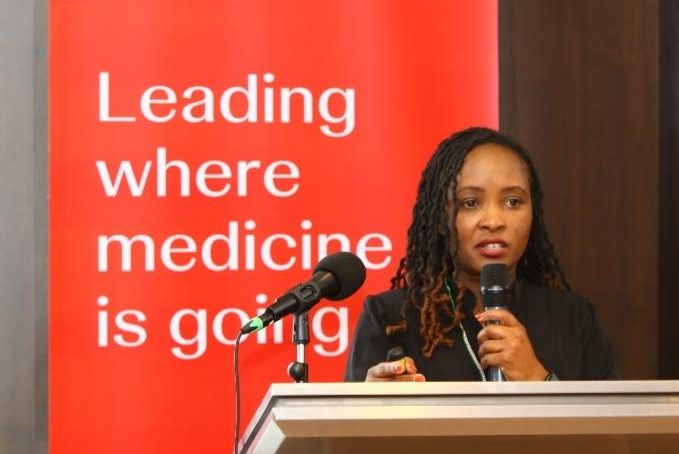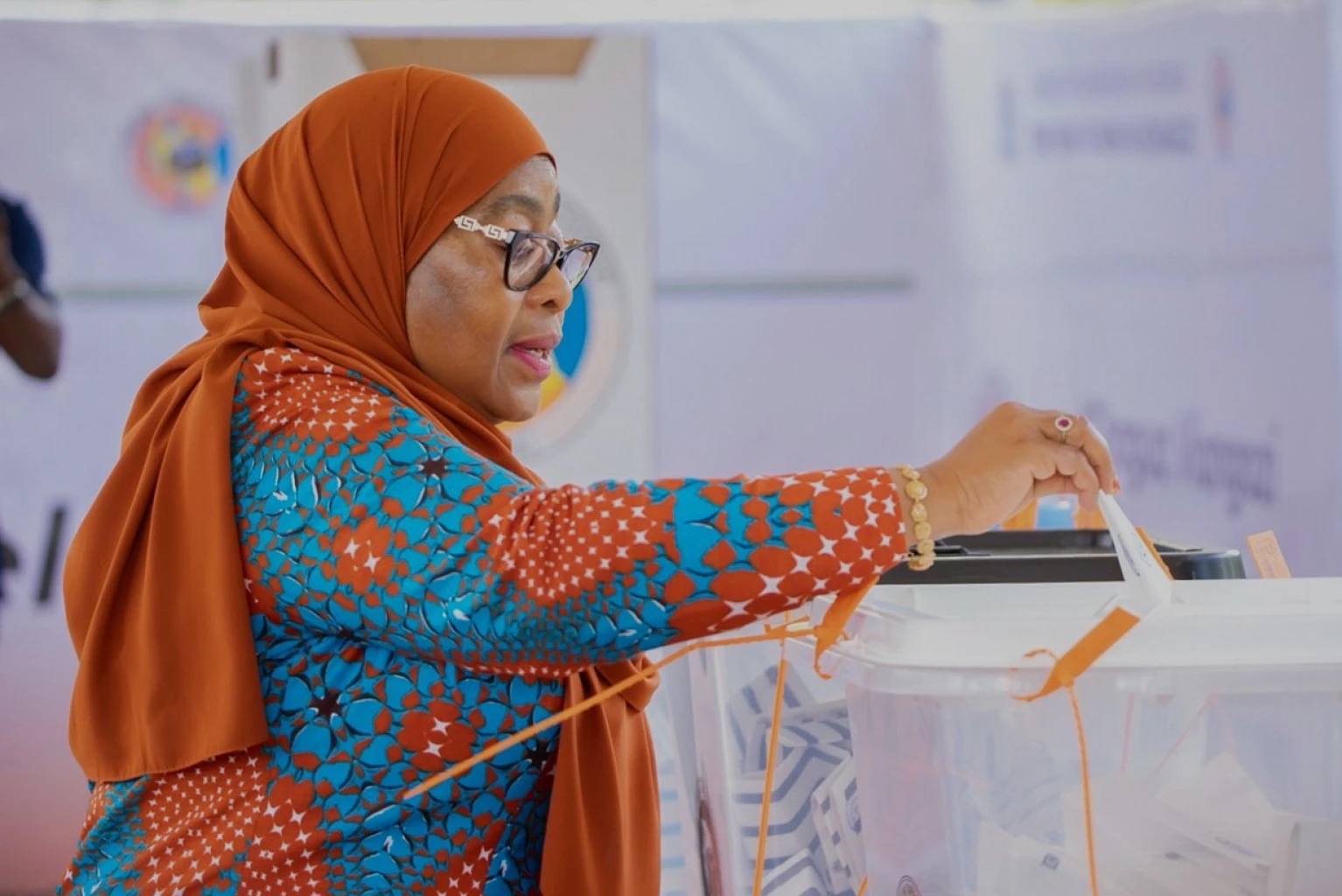
Kenya’s Ministry of Health in partnership with Johnson and Johnson to strengthen Kenya’s mental health systems through capacity building, expanded access and strategic investment in prevention and care.
Speaking during a media roundtable convened in Nairobi, Head of the Division of Mental Health and Representative of the Ministry of Health Mercy Karanja noted that mental health challenges have become a serious public health concern that affects nearly one in four Kenyans in their lifetime.
Dr Karanja explained that the ministry continues to lead national efforts in developing and implementing policies and legal frameworks to promote mental wellness, improve service delivery and reduce stigma.
“It is estimated that one in every four Kenyans will experience a mental health issue during their lifetime. Among those who seek outpatient services, many do not go specifically for mental health care, yet up to 40 per cent of patients admitted in hospitals are later found to have mental health conditions,” revealed Karanja.
She added that suicide is now among the leading causes of death among young people, citing World Health Organization estimates showing 8.9 suicide deaths per 100,000 people annually, equivalent to about nine Kenyans per 100,000 population each year.
Further, Karanja explained that the Kenya Mental Health Policy (2015-2030) envisions a nation where mental health is valued, promoted, and protected. The policy is supported by key instruments such as the Mental Health Action Plan, the Suicide Prevention Strategy (2021–2026), and the Mental Health (Amendment) Act 2022, which align with Kenya’s Constitution and global conventions.
“Our goal is to ensure that all persons with mental illness are treated with dignity, without stigma and have access to quality, community-based care,” she asserted, reporting that the ministry has developed systems that strengthen leadership, promote prevention and expand access at both national and county levels.
However, Karanja identified limited funding as one of the biggest challenges facing mental health services, noting that the subsector receives only 0.01 per cent of the national health budget, which has led to gaps in infrastructure, personnel, and access to treatment.
“Only about 14 counties currently have inpatient mental health units. Although there has been progress in outpatient services and in training psychiatrists, psychologists and mental health nurses, the human resource gap remains large,” she observed.
Dr Karanja also cited stigma, weak referral systems, and inadequate data collection as barriers that limit progress in addressing mental health.
She emphasised that the ministry is integrating mental health into primary healthcare, training community health promoters to identify and refer cases early, and improving access to essential medicines across health facilities.
“We are working to ensure that mental health care is available at every level from community health units to referral hospitals. People with mental health conditions deserve the same high-quality treatment and attention as all other patients,” she reiterated.
Similarly, Karanja commended the partnership with Johnson&Johnson innovative medicine for aligning with government priorities in strengthening Kenya’s mental health system through workforce development and community engagement.
“This collaboration is transformative. By training mental health nurses and healthcare workers and empowering community health promoters, we are improving early detection, referral, and management of mental health conditions across the country,” Karanja said.
General Manager for Sub-Saharan Africa at Johnson & Johnson Innovative Medicine Sanae Mausannif lauded Kenya’s leadership in mental health reform, describing the country as a model of commitment and progress in the region.
Mausannif said Kenya stands out as a catalyst for mental health advancement across Africa insisting that the Ministry of Health’s leadership is inspiring and its dedication to addressing mental health challenges is a beacon of hope for other nations.
“We are truly honoured to partner with Kenya in this important journey,” expressed the General Manager.
She described that Johnson & Johnson, through its pharmaceutical and medical technology divisions, has a 60-year legacy in mental health innovation and continues to invest in solutions that bridge the gap between innovation and access to care.
“Our mission is to ensure that scientific breakthroughs translate into real change for patients. We focus not only on treatment but also on prevention and awareness, so that families and communities benefit from timely and compassionate care,” she remarked.
Further, Mausannif noted that mental health disorders pose an increasing social and economic burden, costing the global economy more than USD 16 trillion, surpassing the combined impact of cardiovascular diseases and cancer.
The general manager highlighted Kenya’s Mental Health Investment Case (2021) as a ground-breaking study, which shows that investing in mental health is both socially vital and economically sound.
“The study reveals that Kenya loses about $479 million annually due to mental health conditions, mainly from reduced productivity. Yet by investing $629 million over ten years, the country could generate a return of $1.23 billion. These figures make a strong case for sustained investment,” she reported.
Additionally, Mausannif stressed the importance of public private collaboration in advancing mental health goals, saying partnerships help to bridge the gap between policy, resources, and implementation.
“Mental health is not just a healthcare issue, it is an economic, social, and national development priority. That’s why collaboration among governments, communities, and the private sector is essential to deliver lasting change,” she advised.
Meanwhile, Mausannif reaffirmed Johnson&Johnson’s long-term commitment to Kenya’s mental health agenda through innovation, training, and advocacy.
“Our purpose is to nurture hope by connecting patients, caregivers, and communities across the mental health continuum. We will continue working alongside the Ministry of Health to make mental health care accessible, inclusive, and transformative for every Kenyan,” she assured.
- A Tell Media / KNA report / By Wendy Sheilla and Darlene Wamboi
Dr Mercy Karanja Head of division for mental health for the Ministry of Health Kenya speaking at a media roundtable during the launch of Kenya Mental Health project in Nairobi on October 9, 2025







